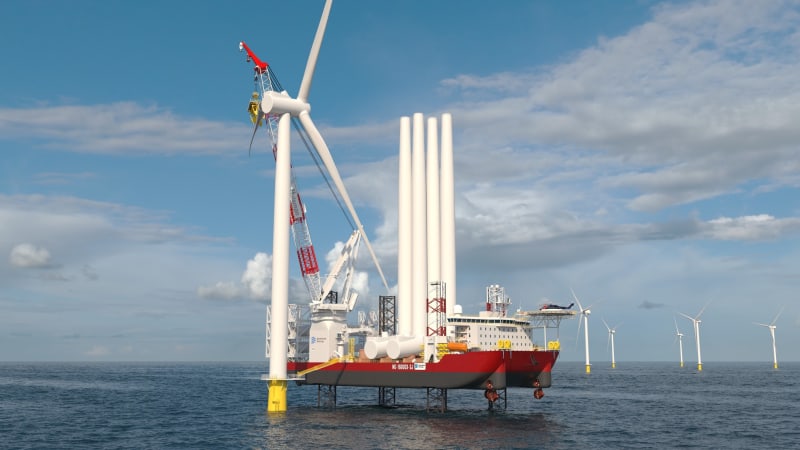JohnRBaker
Mechanical
I know this may not exactly fit this forum, but I wanted to post this where Tug could respond since he's probably best informed when it comes to ships or at least subjects where maritime subjects are discussed.
Note that this issue with the Jones Act came-up after Hurricane Maria devastated Puerto Rico, where it made it difficult to move relief supplies to the island from the mainland. And now it's being suggested that it's contributing to problems with traffic and safety along the I-95 corridor on the East coast.
How a century-old law contributes to CT traffic
So what is the Jones Act?
The Jones Act was passed in 1920 after the first World War so as to boost the nation's shipping industry. It requires that any cargo traveling by sea between two American port cities, that it must be carried on American-owned ships which were built in the United States and which are majority crewed by American citizens.
This presented problems when they tried to get food and medical supplies to Puerto Rico after Maria. For example, if you had 10 containers full of food and other emergency supplies sitting in Miami, you had to find a ship which had been built in the US, which was owned by an American company and where the ship's compliment was mostly American citizens, or else those containers would just sit there. Or they had to be unloaded and the material loaded on planes and flown to the island at an order of magnitude or higher cost difference.
Now a question that Tug might be able to answer...
Does this mean that if a foreign ship were to deliver a load of containers to say San Francisco, but they also had a number of containers that need to be delivered to the Port of Long Beach, that the Jones Act prevents this ship from offloading all of their containers except those earmarked for SoCal, and then deliver those containers to Long Beach before they returned to their overseas home port? In other words, how many trucks are we seeing on the road moving containers from one part of the country to another simply because the Jones Act provided no practical way of moving them via the sea lanes, even if that would've been the more economical option?
John R. Baker, P.E. (ret)
Irvine, CA
Siemens PLM:
UG/NX Museum:
The secret of life is not finding someone to live with
It's finding someone you can't live without
Note that this issue with the Jones Act came-up after Hurricane Maria devastated Puerto Rico, where it made it difficult to move relief supplies to the island from the mainland. And now it's being suggested that it's contributing to problems with traffic and safety along the I-95 corridor on the East coast.
How a century-old law contributes to CT traffic
So what is the Jones Act?
The Jones Act was passed in 1920 after the first World War so as to boost the nation's shipping industry. It requires that any cargo traveling by sea between two American port cities, that it must be carried on American-owned ships which were built in the United States and which are majority crewed by American citizens.
This presented problems when they tried to get food and medical supplies to Puerto Rico after Maria. For example, if you had 10 containers full of food and other emergency supplies sitting in Miami, you had to find a ship which had been built in the US, which was owned by an American company and where the ship's compliment was mostly American citizens, or else those containers would just sit there. Or they had to be unloaded and the material loaded on planes and flown to the island at an order of magnitude or higher cost difference.
Now a question that Tug might be able to answer...
Does this mean that if a foreign ship were to deliver a load of containers to say San Francisco, but they also had a number of containers that need to be delivered to the Port of Long Beach, that the Jones Act prevents this ship from offloading all of their containers except those earmarked for SoCal, and then deliver those containers to Long Beach before they returned to their overseas home port? In other words, how many trucks are we seeing on the road moving containers from one part of the country to another simply because the Jones Act provided no practical way of moving them via the sea lanes, even if that would've been the more economical option?
John R. Baker, P.E. (ret)
Irvine, CA
Siemens PLM:
UG/NX Museum:
The secret of life is not finding someone to live with
It's finding someone you can't live without

